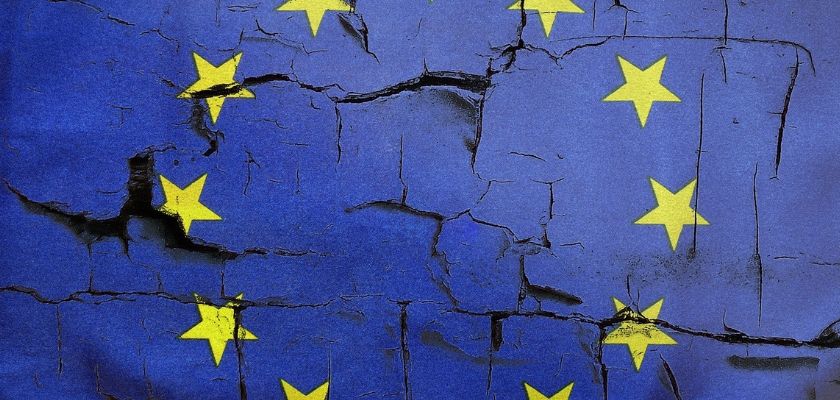There’s still no real consensus on what “hate speech” really means, and what it does and doesn’t apply to – certainly, there’s no such consensus globally.
Case in point: some jurisdictions, like the EU and other European countries, have hate speech built into their legislation as a crime, whereas this legal concept is unknown in the United States.
Not to mention that “hate” is a hard word and a serious accusation that can easily be used to slander people beyond repair.
Makes sense, then, to first agree on what constitutes for “hate speech,” and then act against it, as the danger that it can be.
But there’s one thing that shouldn’t require any further debate: one country’s laws do not apply to another. Simple as that.
However, the EU doesn’t appear to have any time to waste on such “minutia” – not only does it have a definition of “hate speech” but also plans to take the whole thing a controversial step further and order Facebook to censor what is deemed offensive and hateful content, not just in the EU, but worldwide.
Bloomberg quotes EU Court of Justice Advocate General Maciej Szpunar as saying that, considering that EU’s digital services and e-commerce law “does not regulate the territorial scope of an obligation to remove information disseminated via a social network platform” – it also “does not preclude a host provider from being ordered to remove such information worldwide.”
Bloomberg frames this in the context of the bloc going after Facebook and its ilk based on the data and privacy protection rules adopted last year and on the perennial interest of antitrust regulators in all things Big Tech.
But this case appears to have little to do with protecting users from privacy abuses, or from monopolies. It’s about speech – in fact, the EU’s intent here looks so egregious that even Facebook feels comfortable playing the free speech card.
Szpunar’s opinion “undermines the long-standing principle that one country should not have the right to limit free expression in other countries,” Bloomberg quoted Facebook, that added it was hopeful the court would “clarify that, even in the age of the internet, the scope of court orders from one country must be limited to its borders.”
The latest EU-Facebook standoff originates from the experiences online of former Austrian European Parliament member Eva Glawischnig-Piesczek, who has asked an Austrian court to block offensive text being published alongside her pictures on Facebook.
The Austrian court then asked the EU court what to do: specifically, to explain how long the arm of the EU exactly is, when it comes to policing and censoring content around the world.
<b>Free Tutorial:</b> <a href=”https://reclaimthenet.org/freedom”>Our step-by-step guide to starting your own website for fun or profit</a>













